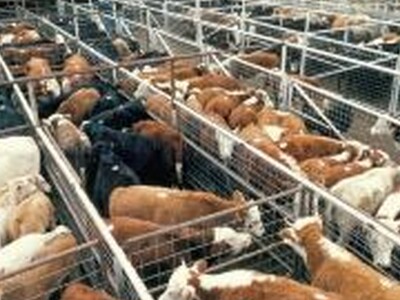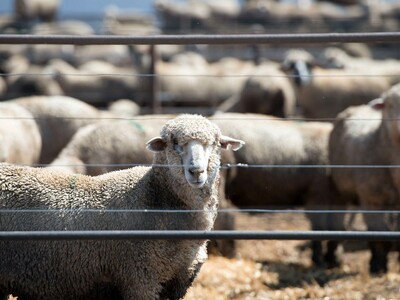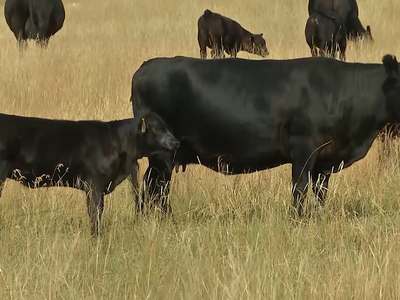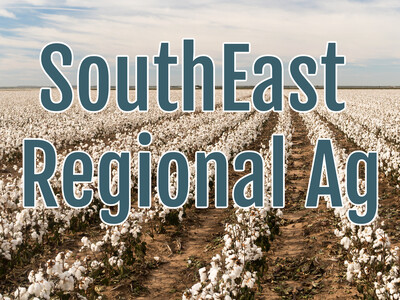Farm Bill Outlook
Farm Bill Outlook. I’m Greg Martin with today’s Line On Agriculture.
Before heading home for the month of August, the House of Representatives put off voting directly on the farm bill and instead approved funding for drought relief programs. But with Congress out of Washington, it’s highly unlikely that drought assistance could become reality before September at the earliest.
MOORE: It’s a big deal to the livestock producers who will be receiving the benefits. That is for certain. Those farmers and ranchers that that aren’t covered by this package in some shape or form, they’re going to feel a little left out of the process. In some parts of the country it was late winter/early spring blizzards that killed off crops. They’re not going to see much from this package. So for them they’re kind of out in the cold or out in the heat, depending on how you look at it.
American Farm Bureau Farm Policy Specialist Dale Moore says it’s important that lawmakers in the House don’t think passing this bill is an excuse to put off passage of the farm bill.
MOORE: The message is straightforward. To every member of Congress guys, we need this farm bill done. We need it done as soon as you can. It can’t wait until next year. Please, when you get back to Washington, take up the farm bill, get it passed, get into conference with the Senate and get us a final farm bill before you all go home for the election.
And Moore says while representatives are in their home districts throughout August, farmers and ranchers will be telling them why it’s important to get the farm bill done during this session of Congress.
MOORE: Each time you extend it, you add just another degree of uncertainty, another degree of what am I going to be looking at when it comes time to get ready to plant my crop in 2013? What are the budget implications going to be if we drag this into the next year? All of those things come together and create a level of uncertainty that makes farmers, their bankers, nervous about how this could impact the agricultural economy.
MOORE: They’re bipartisan. It’s a clear example of what most of us think as how Congress should work. How our laws should come together. You’ve got the two party affiliations, you’ve got different regions of the country, different commodity groups, everybody has a slightly different position, coming together and finding that that common ground, that middle ground, reaching an agreement, in a bipartisan fashion. That’s what we understand our legislative process to be about and we’re looking forward to the opportunity now for agriculture to show that example to America. Here’s how you get legislation done in a good bipartisan fashion with a good spirited debate.
That’s today’s Line On Agriculture. I’m Greg Martin on the Ag Information Network.

















